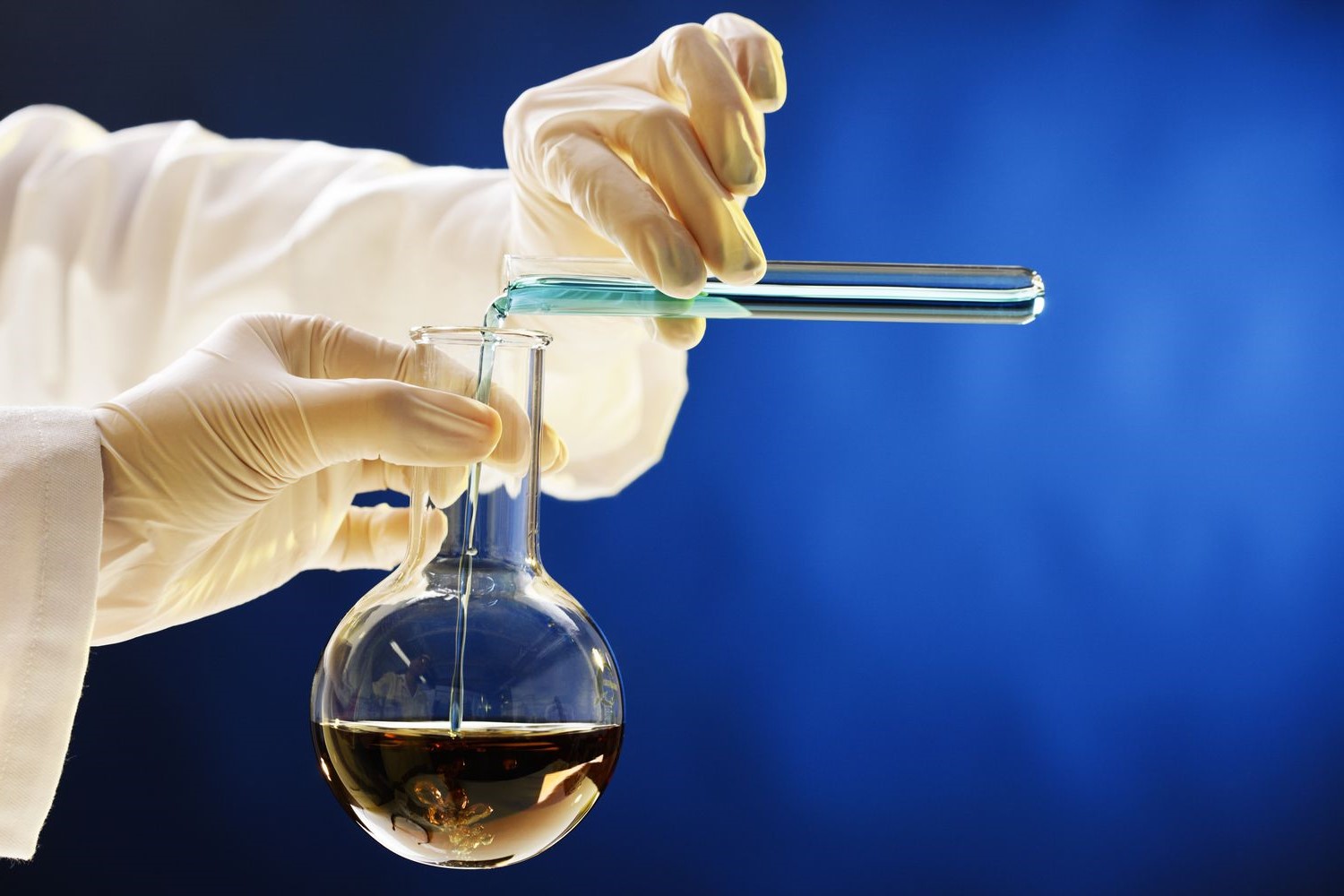
What are reactants? Reactants are substances that start a chemical reaction. They interact to form new products. Think of them as the ingredients in a recipe. When mixed, they create something entirely new. For example, in baking a cake, flour and sugar are reactants. In a chemical reaction, reactants undergo changes, breaking bonds and forming new ones. This process releases or absorbs energy. Understanding reactants helps us grasp how reactions work, from rusting metal to digesting food. Dive into these 31 best facts about reactants to uncover the magic behind everyday chemical reactions!
What Are Reactants?
Reactants play a crucial role in chemical reactions. They are substances that undergo change during a reaction, transforming into new products. Understanding reactants helps grasp the fundamentals of chemistry.
-
Definition: Reactants are the starting materials in a chemical reaction. They interact to form products.
-
Chemical Equations: In chemical equations, reactants are written on the left side, while products appear on the right.
-
Conservation of Mass: The mass of reactants equals the mass of products, following the law of conservation of mass.
-
Energy Changes: Reactants absorb or release energy during reactions, leading to endothermic or exothermic processes.
Types of Reactants
Different types of reactants exist, each playing unique roles in reactions. Knowing these types helps predict reaction outcomes.
-
Elements: Pure substances consisting of one type of atom, like hydrogen or oxygen.
-
Compounds: Substances formed from two or more elements, such as water (H?O) or carbon dioxide (CO?).
-
Mixtures: Combinations of elements and compounds that can be separated physically.
-
Catalysts: Substances that speed up reactions without being consumed.
Reactants in Everyday Life
Reactants aren't just for scientists. They are part of daily life, from cooking to breathing.
-
Cooking: Ingredients like baking soda and vinegar react to create carbon dioxide, making dough rise.
-
Breathing: Oxygen reacts with glucose in cells to produce energy, water, and carbon dioxide.
-
Cleaning: Bleach reacts with stains to break them down, making surfaces clean.
-
Combustion: Fuel and oxygen react in engines to produce energy and exhaust gases.
Factors Affecting Reactants
Several factors influence how reactants behave in reactions. Understanding these factors can help control reaction rates.
-
Temperature: Higher temperatures increase reaction rates by providing more energy to reactants.
-
Concentration: Higher concentrations of reactants lead to more collisions and faster reactions.
-
Surface Area: Smaller particles have more surface area, leading to quicker reactions.
-
Pressure: In gases, higher pressure increases reaction rates by forcing molecules closer together.
Reactants in Industrial Processes
Industries rely on reactants for manufacturing products. These processes are essential for modern life.
-
Petrochemicals: Reactants like crude oil are processed to create fuels and plastics.
-
Pharmaceuticals: Chemical reactions involving reactants produce medicines.
-
Metallurgy: Reactants like ores are transformed into metals through chemical processes.
-
Agriculture: Fertilizers are made using reactants like ammonia and phosphates.
Historical Discoveries Involving Reactants
Throughout history, discoveries about reactants have revolutionized science and technology.
-
Alchemy: Early alchemists experimented with reactants, leading to modern chemistry.
-
Lavoisier: Antoine Lavoisier discovered the role of oxygen in combustion, changing our understanding of reactants.
-
Periodic Table: Dmitri Mendeleev's periodic table organized elements, helping predict reactant behavior.
-
Synthetic Polymers: The creation of synthetic polymers like nylon involved understanding reactants.
Fun Facts About Reactants
Reactants can be fascinating and surprising. Here are some fun facts to spark curiosity.
-
Explosions: Some reactants, like nitroglycerin, can cause powerful explosions.
-
Bioluminescence: Reactants in organisms like fireflies produce light through chemical reactions.
-
Photosynthesis: Plants use sunlight, water, and carbon dioxide as reactants to produce oxygen and glucose.
-
Rusting: Iron reacts with oxygen and water to form rust, a slow but important reaction.
Reactants in Space
Even in space, reactants play vital roles in various phenomena and technologies.
Final Thoughts on Reactants
Reactants play a crucial role in chemical reactions. They’re the starting materials that undergo change to form products. Understanding reactants helps us grasp how substances interact, transform, and create new compounds. This knowledge is vital in fields like chemistry, biology, and environmental science. Reactants are everywhere, from the food we eat to the air we breathe. They’re involved in processes like photosynthesis, combustion, and even the rusting of iron. By studying reactants, scientists can develop new materials, medicines, and technologies. So next time you see a chemical reaction, remember the importance of reactants. They’re the unsung heroes making it all possible. Keep exploring, stay curious, and appreciate the fascinating world of chemistry.
Was this page helpful?
Our commitment to delivering trustworthy and engaging content is at the heart of what we do. Each fact on our site is contributed by real users like you, bringing a wealth of diverse insights and information. To ensure the highest standards of accuracy and reliability, our dedicated editors meticulously review each submission. This process guarantees that the facts we share are not only fascinating but also credible. Trust in our commitment to quality and authenticity as you explore and learn with us.


